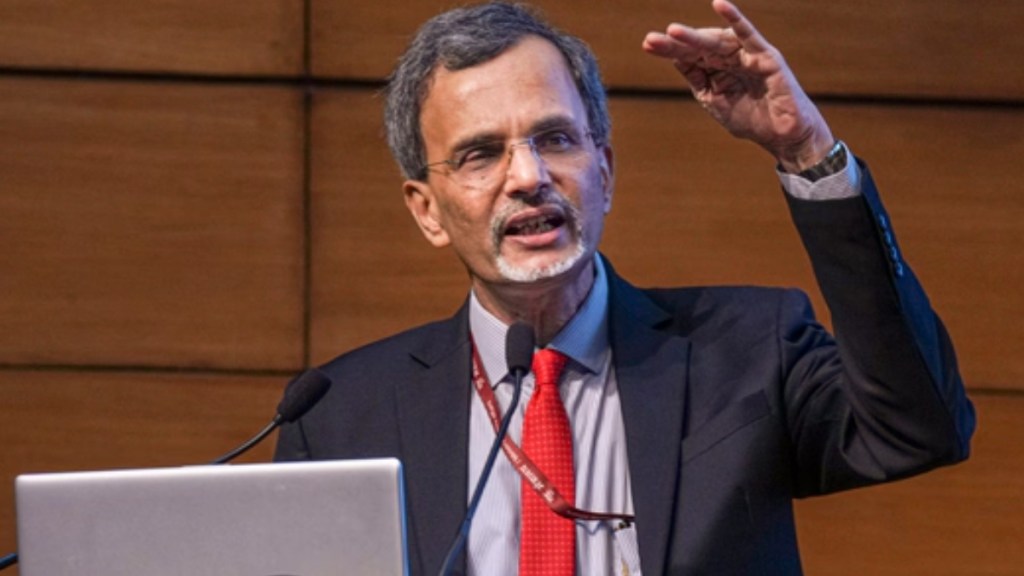The Economic Survey, 2025 is a gelignite of alluring possibilities. From its opening words “driving domestic growth and resilience through deregulation,” to the gains to be accrued by “getting out of the way” or even a discussion around changing the operating principle of regulations from “guilty until proven innocent” to “innocent until proven guilty”. Dr Anantha Nageswaran, the chief economic advisor and the author of the much-awaited annual economic report card has got India Inc., ready to contemplate new possibilities with a text, subtext and context aligned to both local needs and global compulsions. What more could they have hoped for than to read: “adding layers of operational conditions to policies to prevent abuse makes them incomprehensible and regulations needlessly complicated, taking them further from their original purposes and intents.”
“Wow! This is wonderful. See, they are listening to us,” was the immediate reaction of a veteran business leader, who did not wish to be named. But then it was partly because he added: “sadly, these will remain motherhood statements if they do not get translated into actual policies and my fear is that is what will happen.”
Others were off course happy that the chief economic advisor opted to explore the possibility of going down this inescapable route. There is no option because “we live in a world that is increasingly tired of over-governance and red-tape. Look at what is happening in the US under the Trump regime,” says yet another industry leader, who also did not wish to be named.
What has however got some of them upset is a seeming attempt at trying to edify the private sector with statements like: “enlightened self-interest and long-term thinking require employers to realise that a safe, secure, and satisfactory workplace is the key to long-term employee morale and productivity. Ethical conduct and fairness in business are the signs and bedrock of a mature and developed society. Treating workers humanely and, providing for their safety and looking after them when injured make as much business sense as it is the fair and ethical thing to do. Industry associations and collective bodies must champion this cause among their members. Addressing these challenges would be essential to fostering a robust and safe working environment across industries.”
Some were also upset at finding the private sector wanting in investment readiness when many had either expanded capacities or were in the process of investing. This, more so at a time when the second quarter GDP showed poor growth largely on account of a decline in the government capital expenditure. In fact, Dr C Rangarajan, economist and former governor of the Reserve Bank of India in his analysis of the slow Q2 growth numbers had referred to the government capital expenditure contracting by (-)15.4 per cent in the first half of 2024-25.
The chief economic advisor however explains: Following an unprecedented expansion of capital expenditure in the last four years, it remained subdued during Q1 FY25, owing to general elections. However, it rebounded after July despite a reduction in non-debt receipts owing to an increase in the devolution of taxes to states. Until November 2024, defence, railways and road transport accounted for about 75 per cent of the capital expenditure, whereas significant YoY growth occurred in power and food and public distribution. Second, despite the gross tax revenue (GTR) increasing by 10.7 per cent YoY during April-November 2024, the tax revenue retained by the Union, net of devolution to the states, hardly increased. This was because of increased tax devolution, which helped the states to manage their expenditures smoothly. Thirdly, as of November, the deficit indicators of the union were comfortably placed, leaving ample room for developmental and capital expenditure in the rest of the year.”
If there is some comfort for the private sector, the economic survey does mention that the “private sector investment growth may have remained subdued thus far in FY25 on account of the domestic political timetable, global uncertainties and overcapacities.” Apparently, an understanding the industry was hoping for.
